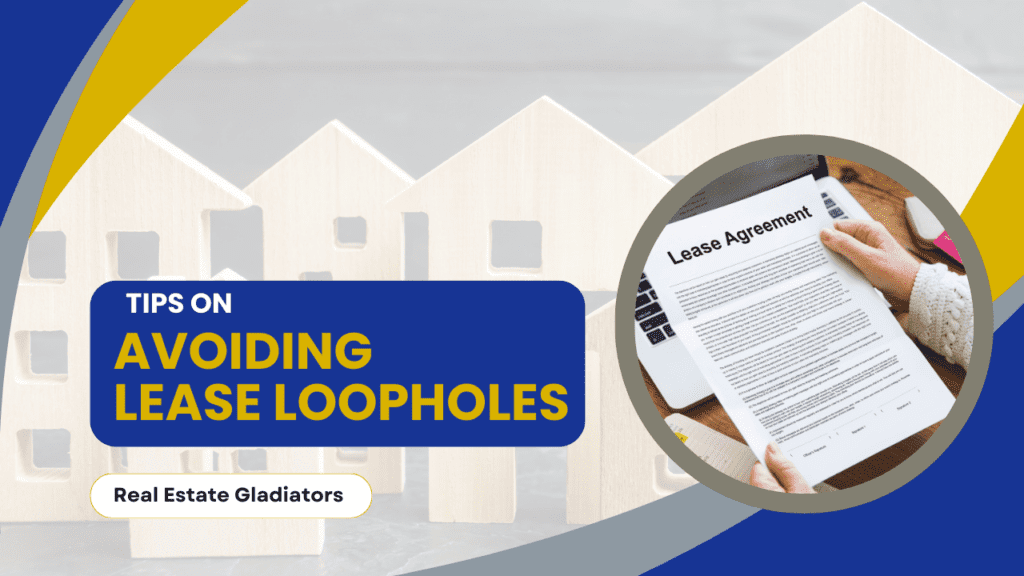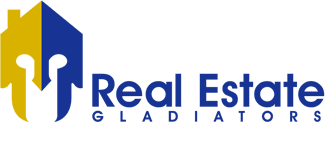
A strong lease is an essential component when you’re renting out an Everett home. You need to make sure it protects you and your property. It needs to outline the requirements and the responsibilities of your tenants, and it needs to comply with all state, local, and federal housing standards and laws.
Even a minor loophole can leave you unable to evict a tenant, collect overdue rent, or charge a security deposit for damage.
Here are a few tips on avoiding those lease loopholes.
List All Everett Rental Property Occupants
You need an accurate reflection of who is living in the property and who is financially responsible for it. Every adult 18 years of age or older residing in the property must be on the lease agreement. Any children can be listed as well, but it’s especially important to have the names of the adults who are responsible for paying rent and taking care of the home. No one should be living at the property who isn’t on the lease agreement, and to enforce that, you’ll need to know who you’re renting to.
Include a Clear Rent Collection Policy
Loopholes are no good when it comes to rent collection. You don’t want your tenants claiming they didn’t know when rent was due or how it should be paid. Your lease should include:
- Rental amount
- Date rent is due (including any grace periods)
- How rent should be paid
- Penalties for late rent (including late fees and eviction)
Make sure the lease also reflects how much of a security deposit was collected.
Pet Policies in Everett Rental Homes
A good pet policy will help you protect your property, even if you’re planning to allow pets into your home. You don’t want tenants to move in pets without your knowledge. Put together a pet policy that requires pet screening, a pet fee, and a list of responsibilities for how you expect your tenants to care for their animals while living in your property.
List Tenant and Landlord Responsibilities
You cannot expect tenants to maintain the lawn if they don’t know they’re responsible for it.
The lease is a good place to answer questions about who is responsible for different parts of the property. Make sure you have your process for requesting maintenance. Include a requirement that tenants change the air filters and notify the landlord or property manager immediately if a repair is needed.
Always state that tenants are responsible for any damage that they cause from abuse, misuse, or neglect. You don’t want to miss the opportunity to hold tenants accountable financially for damage they cause just because it wasn’t clearly stated in the lease documents.
Provide Clear Move-Out Instructions
 If instructions about how to handle the end of the lease term are unclear, you could have tenants staying in place beyond their end-of-lease date. They might not understand that they’re required to clean the property before they turn in the keys. You may find there are escalating disagreements about what is considered wear and tear and what is considered damage. Security deposit disputes could arise.
If instructions about how to handle the end of the lease term are unclear, you could have tenants staying in place beyond their end-of-lease date. They might not understand that they’re required to clean the property before they turn in the keys. You may find there are escalating disagreements about what is considered wear and tear and what is considered damage. Security deposit disputes could arise.
Your lease agreement needs to be clear about what happens at the end of the lease term. Include how a lease is renewed and how much notice a tenant has to provide before moving out.
Move-out instructions should include cleaning standards as well as a reminder that they need to return the property to the condition it was in before they took possession. Be specific about what needs to be done in order for tenants to receive their security deposit back. You’ll need a forwarding address, for example.
Always have your lease agreement reviewed by an attorney or an Everett property management company before you sign it. There are certain disclosures you need as well as language that covers you legally. We can help you put together a legally compliant and enforceable lease agreement. Contact our team at Real Estate Gladiators.
